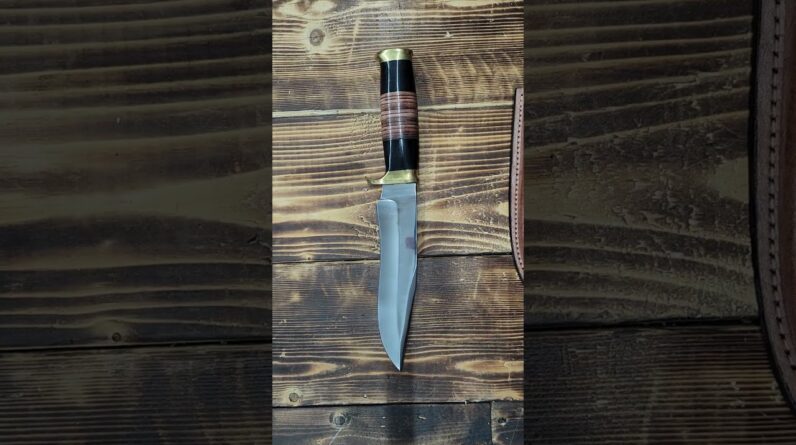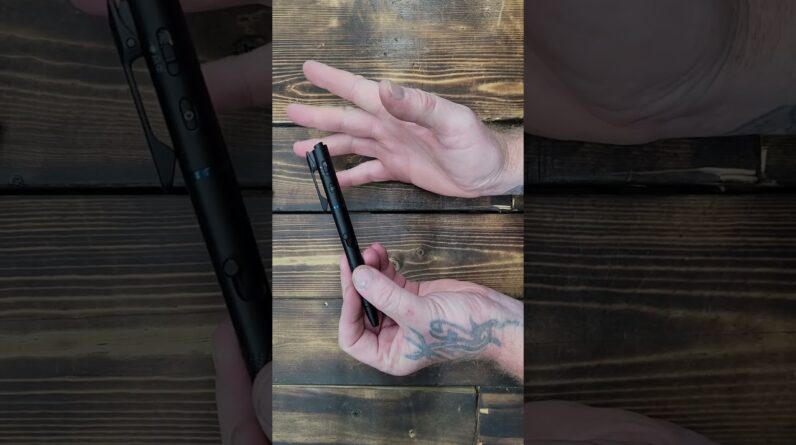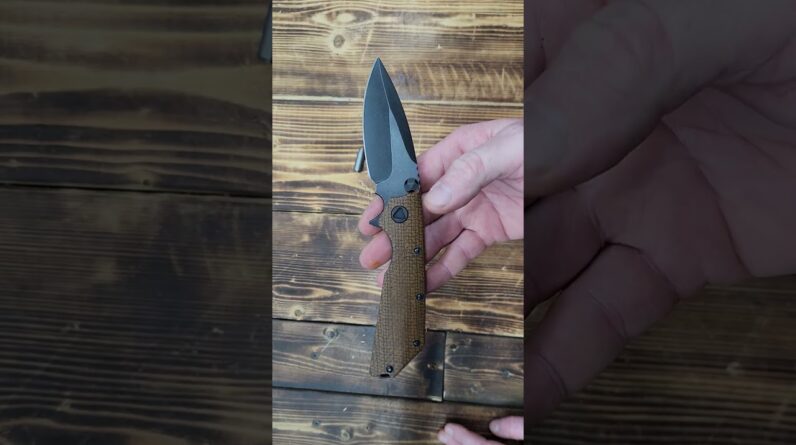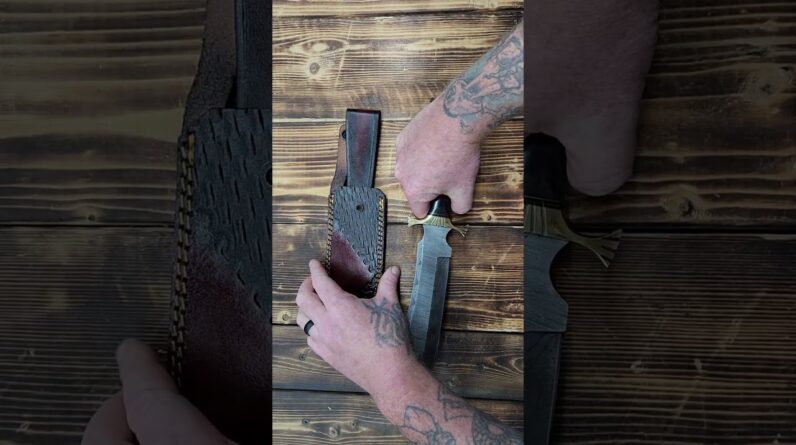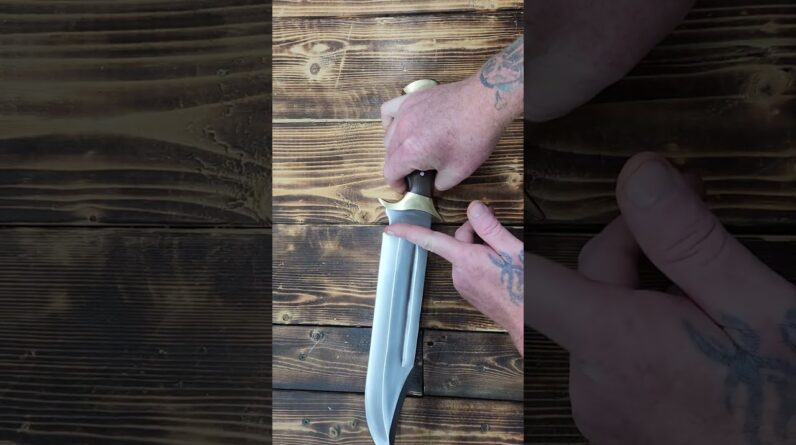
Preparing For Disasters – The Doomsday Prepper’s Guide
If you’re planning on bugging out or staying in your home for an extended period of time, you should consider prepping for disasters that may affect your community. Survival prepping involves planning for the needs of your family and pets. The most common pets are cats and dogs, but some people have exotic pets or even a fish tank. The next step to survival prepping is to train. The following article will cover some of the basics of survival prepping.
While many people think of a disaster as a natural disaster, there are other types of emergencies that could cause widespread disruption. For example, a nuclear war, EMP attack or societal collapse are just a few scenarios that a prepper may consider when planning for a disaster. The first scenario is one where everyone is outnumbered and unable to move. The second scenario is the most common – a sudden panic. This resulted in bank runs during the Great Depression and grocery store shelves being stripped.
If you’re planning on living in your home for an extended period of time, you must ensure that your preparations include plenty of water. Without enough water, you’ll be dehydrated within a few days. Dehydration can cause a fierce headache, exhaustion, and listlessness – all symptoms of dehydration. Ideally, you’ll have at least a gallon of water stored in your home for each person per day. This amount can be much higher for people living in areas with hotter climates. Water is also needed for rehydrating freeze-dried food and cleaning clothes. It’s easy to underestimate how much water you’ll need to survive.
It’s important to prepare for a hurricane during your normal life. Getting started early is the key to success in the long run. Preparing ahead of a disaster will require time and money and requires a significant amount of work. However, the rewards can be tremendous, and you can even start your survival preparations while still enjoying your normal life. You’ll be glad you took the time to make the preparations. It might even be time to start a business out of it.
If you live in a city, you might decide to bug out and go to a remote wilderness area. In this case, you should consider pre-planning for an alpha site – the first position in which you’ll go if you need to evacuate your neighborhood or survive a natural disaster. An alpha site should be located in a rural location far away from the major population centers. Ensure that you have land and water access and security.
The next step in prepping is finding a trusted resource for assistance. Among the many resources available online, the Survival Doctor is a legit medical website run by Dr. James Hubbard. The Survival Doctor offers articles and other resources to help preppers with their medical needs in a world without 9-1-1. These articles are an invaluable public service for all preppers. Don’t be afraid to visit this website for assistance. You’ll be glad you did.
When you join a prepping troop, you’ll have responsibilities and rewards to look forward to. This way, you’ll keep the work manageable and eliminate the stress associated with Doomsday scenarios. After all, learning survival skills is fun and can be done as a family. You will be able to keep your household running in case of disaster, but it will also help you prepare for the worst. And remember, you’re not alone!
If you’re planning to stay in a disaster shelter, make sure you have a backup plan for escaping from the area. Prepare a backpack or get-home bag so you can quickly and safely return to your home. You might even need a generator for power. In such a case, having a generator isn’t enough. You’ll also want to keep fire extinguishers handy for emergencies. You’ll want to plan for the possibility of a nuclear attack in your community.
While prepping may be a great way to prepare for an emergency, it’s also important to take into account your lifestyle. For example, you shouldn’t overstock your freezer because that one piece of equipment can be broken. That’s not a good plan if the power is out for several days. And don’t forget the importance of getting water. After all, survival is not a picnic! Think about it! Think ahead about how you’re going to get water if you’re not able to cook or drink food.

